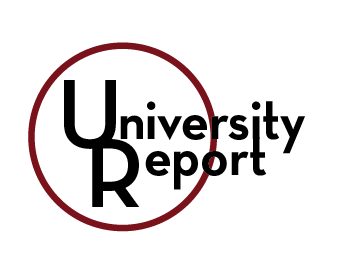Environmental students and faculty at the University of Minnesota are reeling following cut research funding through the National Institutes of Health (NIH.)
Guidance from the Trump administration on February 7 will cut NIH indirect costs by a rate of 15%, which for some universities can mean millions in lost research funding. Indirect costs typically reference lab equipment maintenance, patient safety measures and research security.
In a statement by University of Minnesota President Rebecca Cunningham, she said that cuts to NIH grant funding, even indirectly, is “…a direct attack on our ability to advance the University’s public service mission, and it has created fear and uncertainty across our community.”
These cuts have hit a particular sector of the University of Minnesota student body enrolled in the College of Food, Agricultural and Natural Resource Sciences (CFANS.) On the Saint Paul portion of the Twin Cities campus, students learn how to run farms, conduct soil science testing and preserve places like national parks and forests.
Environmental Professor Ingrid Schneider says these cuts will present significant challenges to research currently conducted at the University.
“It has definitely changed the places I’m applying for research grants moving forward because currently many requests or proposals have been rescinded or just simply not posted,” Schneider said.
Research funding in Schneider’s program typically uses money from multiple programs, but NIH funding is a financial contributor for many universities across the nation.
Past students of Schneider’s have lost their jobs as park rangers and researchers through other cuts, and her current students are now anxious about their ability to find a job post graduation.
“This has been an incredibly challenging time for students and you can see it in their faces, in their body language and daily interactions with students reveals some real emotional labor and challenges that they’re working through,” Schneider said.
Environmental policy student Kate Gerber said she came into the program to protect the land she loved growing up, at national parks and in lakes.
“It just is so hard to watch all of these people who have invested the same passion and time into my degree and watch them kind of lose it just as I’m about to graduate in a year,” Gerber said. “So, it’s a little dark but I keep seeing people fighting for the future so I’m hopeful that we’ll be able to pull through.”
Schneider says it is still uncertain how these losses in funding will impact current research at the University of Minnesota due to a variety of research portfolios, but that the department and researchers are looking for ways to shift their goals and timelines.
Environmental policy student Zainab Ahmed said she feels concerned that environmentalism and research is being politically polarized.
“I think that protecting our planet, you know, whether you believe that God gave it to us, or we just happened to come here by coincidence, protecting our planet is always a good thing. I don’t think that it should be a matter of what you believe,” Ahmed said.



